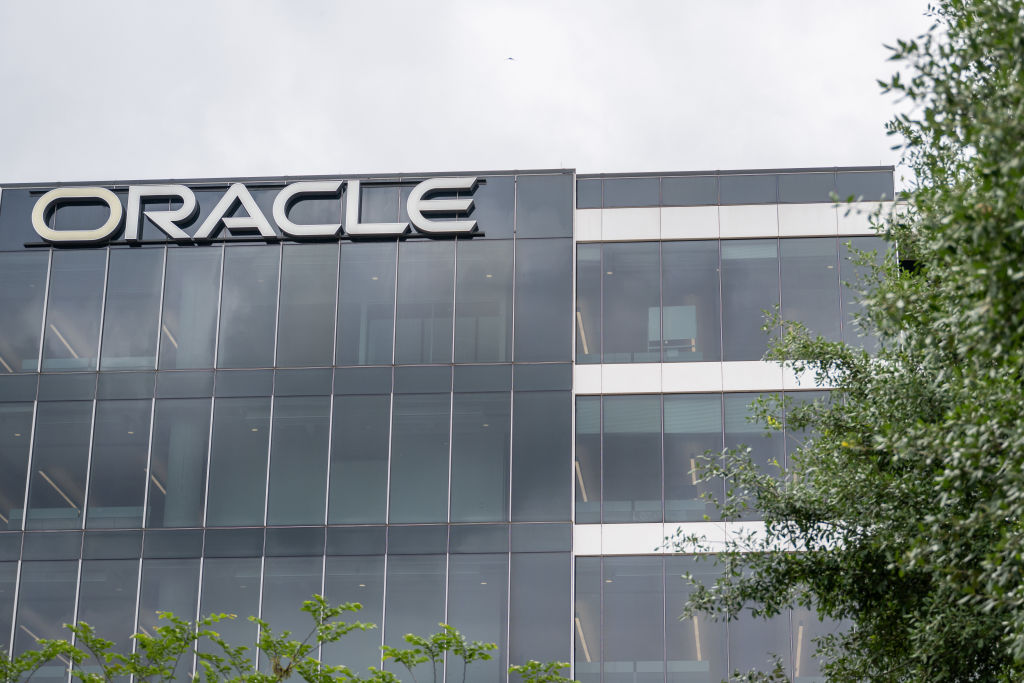
Oracle (ORCL) stock is soaring Tuesday after the enterprise IT firm beat top- and bottom-line expectations for its fiscal first quarter and announced an agreement with Amazon.com's (AMZN) cloud platform, Amazon Web Services (AWS).
In the three months ended August 31, Oracle's revenue increased 7% year-over-year to $13.3 billion, driven in part by a 10% surge in its cloud services & license support segment to $10.5 billion. Its earnings per share (EPS) were up 17% from the year-ago period to $1.39.
"As cloud services became Oracle's largest business, both our operating income and earnings per share growth accelerated," said Oracle CEO Safra Catz in a statement. The executive added that revenue performance obligations were up 53% from last year to a record $99 billion, and "that strong contract backlog will increase revenue growth throughout fiscal 2025."
Oracle's results came in well above what analysts expected. Specifically, Wall Street was anticipating revenue of $13.2 billion and earnings of $1.32 per share, according to Yahoo Finance.
However, the biggest news from Oracle was that it signed a multi-cloud strategic agreement with AWS, Catz said. The two companies will launch Oracle Database@AWS that aims to simplify database administration, billing and customer support, Oracle says.
The company also declared a quarterly dividend of 40 cents per share, payable on October 24 to shareholders of record at the close of business on October 10.
Is Oracle stock a buy, sell or hold?
Oracle shares have surged nearly 50% for the year to date. Unsurprisingly, most of Wall Street is bullish on the tech stock.
According to S&P Global Market Intelligence, the average analyst target price for ORCL stock is $161.28, representing implied upside of roughly 3% to current levels. Additionally, the consensus recommendation is Buy.
However, financial services firm CFRA Research is more on the sidelines, as evidenced by its Hold rating and $150 price target on the large-cap stock.
CFRA Research analyst Angelo Zino thinks Infrastructure as a Service (IaaS) "remains the key growth driver, more than doubling in two years." This growth should accelerate over the current fiscal year and be supported by cloud expansion plans, he adds.
However, Zino also believes that aggressive capital expenditures spending, which is expected to double in fiscal 2025, and a net debt of $74 billion will limit free cash flow growth.







